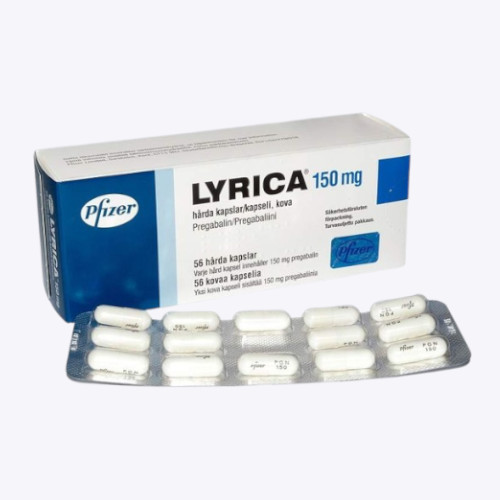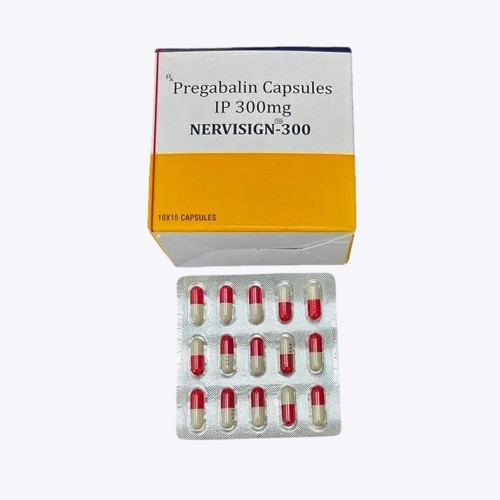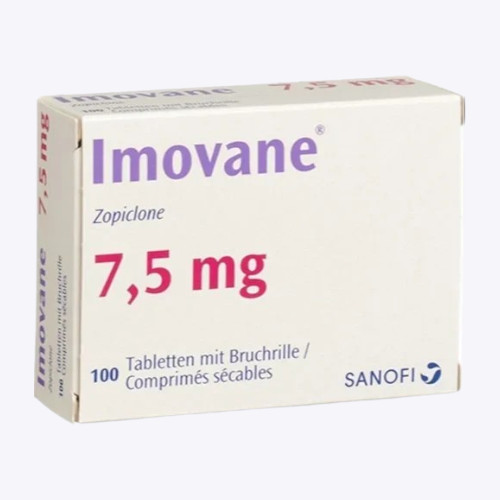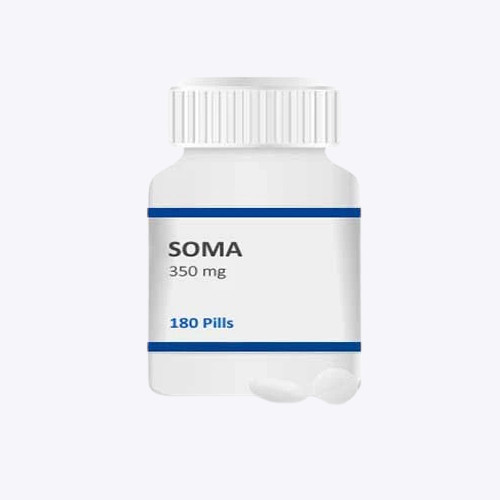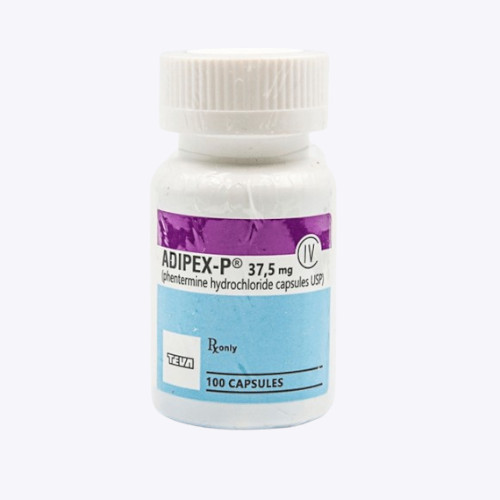Pregabalin (Generic Lyrica) – USA Domestic
US Domestic3-6 Days DeliveryPregabalin is used to treat nerve pain from conditions like fibromyalgia, diabetic neuropathy, and spinal cord injury. It also treats partial-onset seizures in adults and children. It works by reducing nerve activity.
- No Prescription Required
- Guaranteed Delivery
- Ships in 3-6 Business Days
- Directly from the United States
| Quantity | Strength | Price | |
|---|---|---|---|
| 90 tablets | 300 mg | $ 369,00 | |
| 180 tablets | 300 mg | $ 594,00 |
Description
What is pregabalin?
Pregabalin was originally FDA approved in 2004 as an anti-epileptic drug, also called an anticonvulsant. It works by slowing down impulses in the brain that cause seizures. Pregabalin also affects chemicals in the brain that send pain signals across the nervous system.
Pregabalin is used to treat pain caused by fibromyalgia, or nerve pain in people with diabetes (diabetic neuropathy), herpes zoster (post-herpetic neuralgia), or spinal cord injury.
Pregabalin is also used with other medications to treat partial-onset seizures in adults and children aged at least 1 month.
Warnings
Pregabalin can cause a severe allergic reaction. Stop taking pregabalin and seek emergency medical help if you have hives or blisters on your skin, trouble breathing, or swelling in your face, mouth, or throat.
Some people have thoughts about suicide while taking pregabalin. Stay alert to changes in your mood or symptoms. Report any new or worsening symptoms to your doctor.
If you have diabetes or heart problems, call your doctor if you have weight gain or swelling in your hands or feet while taking pregabalin.
Do not stop using pregabalin suddenly, even if you feel fine. Stopping suddenly may cause withdrawal symptoms.
Before taking this medicine
You should not use pregabalin if you are allergic to it.
Tell your doctor if you have ever had:
- lung disease, such as chronic obstructive pulmonary disease (COPD);
- a mood disorder, depression, or suicidal thoughts;
- heart problems (especially congestive heart failure);
- a bleeding disorder, or low levels of platelets in your blood;
- kidney disease (or if you are on dialysis);
- diabetes (unless you are taking pregabalin to treat diabetic neuropathy);
- drug or alcohol addiction; or
- a severe allergic reaction (angioedema).
Do not give this medicine to a child without medical advice.
- Pregabalin is not approved for use by anyone younger than 18 years old to treat nerve pain caused by fibromyalgia, diabetes, herpes zoster, or spinal cord injury.
- Pregabalin is not approved for seizures in anyone younger than 1 month old.
Some people have thoughts about suicide while taking pregabalin. Your doctor will need to check your progress at regular visits. Your family or other caregivers should also be alert to changes in your mood or symptoms.
Seizure control is very important during pregnancy, and having a seizure could harm both mother and baby. Do not start or stop taking pregabalin without your doctor’s advice, and tell your doctor right away if you become pregnant.
If you are pregnant, your name may be listed on a pregnancy registry to track the effects of pregabalin on the baby.
Pregabalin can decrease sperm count and may affect fertility in men (your ability to have children). In animal studies, pregabalin also caused birth defects in the offspring of males treated with this medicine. However, it is not known whether these effects would occur in humans. Ask your doctor about your risk.
You should not breastfeed while using pregabalin.
How should I take pregabalin?
Take pregabalin exactly as prescribed by your doctor and read all medication guides or instruction sheets about pregabalin. Your doctor may occasionally change your dose.
Take pregabalin at the same time each day, with or without food.
Swallow extended-release pregabalin tablets whole and do not crush, chew, or break them.
Measure pregabalin liquid medicine carefully. Use the dosing syringe provided or a medicine dose-measuring device (not a kitchen spoon).
Call your doctor if your symptoms do not improve, or if they get worse.
Do not stop using pregabalin suddenly, even if you feel fine. Stopping suddenly may cause increased seizures or unpleasant withdrawal symptoms. Follow your doctor’s instructions about tapering your dose for at least 1 week before stopping completely.
In case of emergency, wear or carry medical identification to let others know you take seizure medication.
Store at room temperature away from moisture, heat, and light.
What happens if I miss a dose?
If you miss a dose of pregabalin, then take that dose as soon as you remember. If it is almost time for your next dose, then skip the missed dose. Do not take two doses at one time.
What happens if I overdose?
Seek emergency medical attention or call the Poison Help line at 1-800-222-1222.
What should I avoid while taking pregabalin?
Avoid drinking alcohol. It may increase certain side effects of pregabalin.
Avoid driving or hazardous activity until you know how pregabalin will affect you. Your reactions could be impaired.
Pregabalin side effects
Pregabalin can cause a severe allergic reaction. Stop taking this medicine and get emergency medical help if you have: hives or blisters on your skin; difficult breathing; swelling of your face, lips, tongue, or throat.
Report any new or worsening symptoms to your doctor, such as: mood or behavior changes, depression, anxiety, panic attacks, trouble sleeping, or if you feel impulsive, irritable, agitated, hostile, aggressive, restless, hyperactive (mentally or physically), or have thoughts about suicide or hurting yourself.
Pregabalin may cause serious side effects. Call your doctor at once if you have:
- weak or shallow breathing;
- blue-colored skin, lips, fingers, and toes;
- confusion, extreme drowsiness or weakness;
- vision problems;
- skin sores (if you have diabetes);
- easy bruising, unusual bleeding;
- swelling in your hands or feet, rapid weight gain (especially if you have diabetes or heart problems); or
- unexplained muscle pain, tenderness, or weakness (especially if you also have fever or don’t feel well).
Pregabalin can cause life-threatening breathing problems. A person caring for you should seek emergency medical attention if you have slow breathing with long pauses, blue colored lips, or if you are hard to wake up. Breathing problems may be more likely in older adults or in people with COPD.
If you have diabetes, tell your doctor right away if you have any new sores or other skin problems.
Common side effects of pregabalin may include:
- dizziness, drowsiness;
- swelling in your hands and feet;
- trouble concentrating;
- increased appetite;
- weight gain;
- dry mouth; or
- blurred vision.
This is not a complete list of side effects and others may occur. Call your doctor for medical advice about side effects. You may report side effects to FDA at 1-800-FDA-1088.
What other drugs will affect pregabalin?
Using pregabalin with other drugs that slow your breathing can cause dangerous side effects or death. Ask your doctor before using opioid medication, a sleeping pill, cold or allergy medicine, a muscle relaxer, or medicine for anxiety or seizures.
Tell your doctor about all your other medicines, especially:
- oral diabetes medicine–pioglitazone, rosiglitazone; or
- an ACE inhibitor–benazepril, captopril, enalapril, fosinopril, lisinopril, moexipril, perindopril, quinapril, ramipril, or trandolapril.
This list is not complete. Other drugs may affect pregabalin, including prescription and over-the-counter medicines, vitamins, and herbal products. Not all possible drug interactions are listed here.
Additional information
| Composition | Pregabalin |
|---|---|
| Quantity | 90 tablets, 180 tablets |
| Strength | 300 mg |
| Form | Tablets |
| Brand Name | Nervisign |
| Manufacturer | – |
| Also Known As | Lyrica, Lyrica CR |
